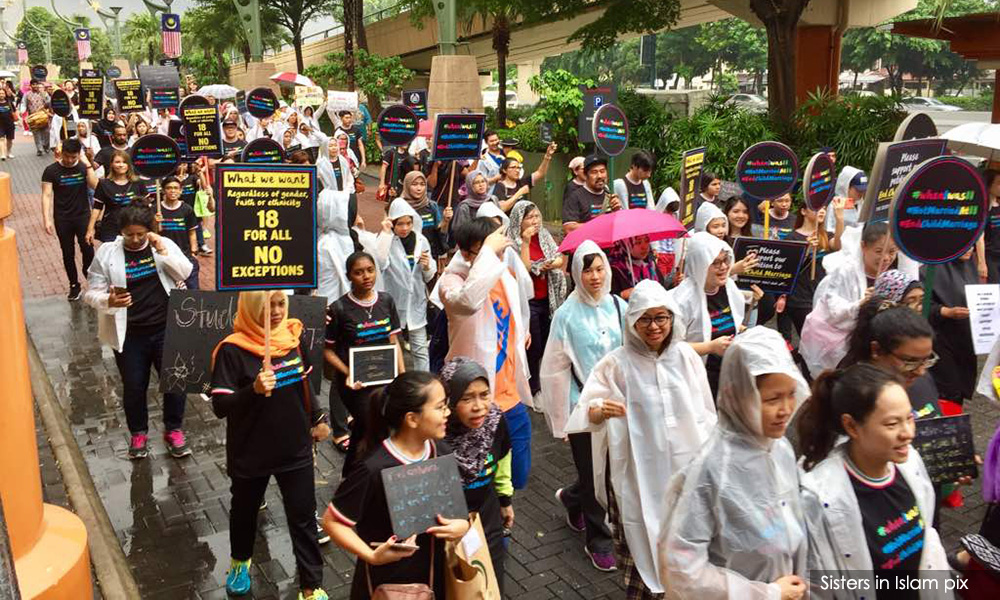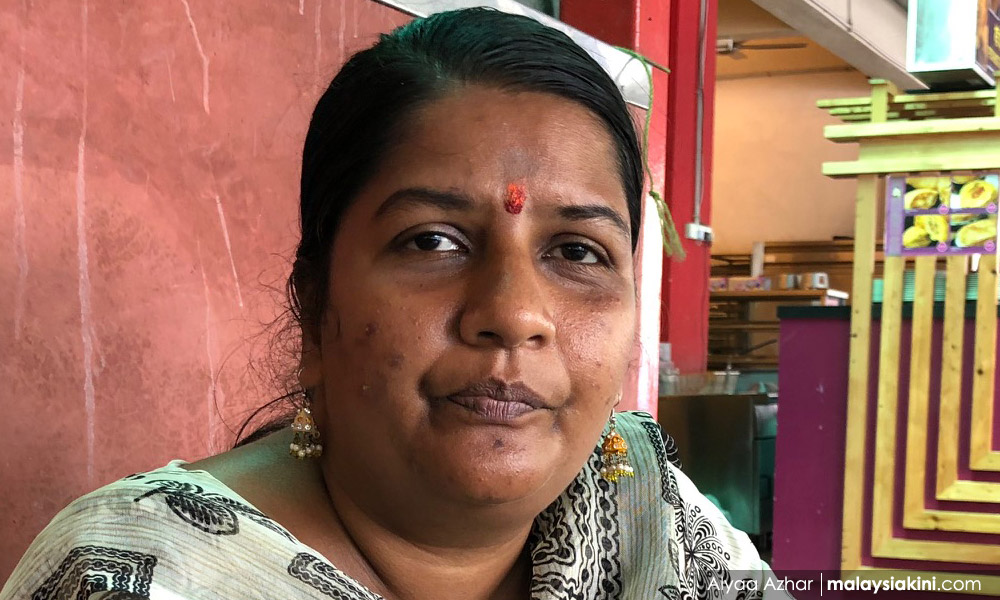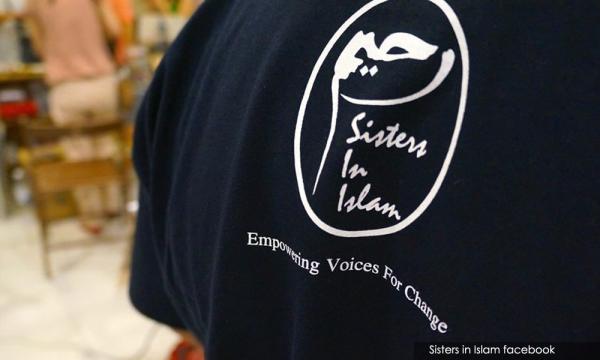LETTER | G25 is not only deeply disappointed, but terribly alarmed by the recent decision of the High Court of Kuala Lumpur regarding the application of Sisters in Islam (SIS) to challenge a fatwa (gazetted as Sel. P.U. 28 dated 31 July 2014) against them by the Selangor religious authority.
The fatwa states that SIS subscribes to “liberalism” and religious “pluralism” and deviates from the teachings of Islam.
There are serious negative implications of such a decision. Not only is it a major blow for Muslim women, but it is also a regressive step away from racial and religious harmony.
Having celebrated Merdeka Day only a few days ago, the rejection of SIS’ application is akin to rejecting the fundamental dream of our “Bapa Malaysia”, Tunku Abdul Rahman. The decision of the High Court has serious legal and socio-political consequences.
By way of a judicial review application, SIS had challenged the validity of the fatwa on the grounds (among others) of it being unconstitutional as it violates SIS’s right to freedom of speech.
Moreover, SIS, being a company, and not a natural person professing the Islamic faith, is outside the jurisdiction of the Selangor religious authority.

The High Court decided to rely on Article 121A of the Federal Constitution, reading it with section 66A of the Administration of the Religion of Islam (State of Selangor) Enactment 2003.
In rejecting SIS’ contention, the learned High Court Judge held that the matter in dispute relates to shariah law and therefore, SIS’ application for judicial review should be made before the shariah High Court. The Judge opined that only the shariah High Court has the exclusive jurisdiction to rule on the matter.
G25 is of the opinion that such a ruling is untenable, as is obvious from the judgment of the Federal Court in the landmark case of Indira Gandhi.
In Indira Gandhi, the Federal Court, in interpreting Articles 121(1) and 121(1A) of the Federal Constitution, had ruled that the shariah Court has no jurisdiction to exercise the power of judicial review. It claimed that the inherent power of judicial review is exclusive to the civil High Court; all the more so where the challenge is on the constitutionality of the impugned act.
It is worthwhile recalling the following passages in the judgment of the Federal Court:
[92] … Article 121(1A) does not constitute a blanket exclusion of the jurisdiction of civil courts whenever a matter relating to Islamic law arises. The inherent judicial power of civil courts in relation to judicial review and questions of constitutional or statutory interpretation is not and cannot be removed by the insertion of cl (1A) [in Article 121].
[98] … It is worth reiterating that the effect of Article 121(1A) is not to oust the jurisdiction of the civil courts as soon as a subject matter relates to the Islamic religion. The powers of judicial review and of constitutional or statutory interpretation are pivotal constituents of the civil courts’ judicial power under Article 121(1). Such power is fundamentally inherent in their constitutional role as the bulwark against unlawful legislation and executive action. As part of the basic structure of the constitution, it cannot be abrogated from the civil courts or conferred upon the Syariah Courts, whether by constitutional amendment, Act of Parliament or state legislation.
[105] We take a firm stand on this — in that before a civil court declines jurisdiction premised on the strength of Article 121(1A), it should first examine or scrutinise the nature of the matter before it. If it involves constitutional issues, it should not decline to hear merely on the basis of no jurisdiction.

On the one hand, the Federal Court, in its judgment in Indira Gandhi (above), had taken a bold step forward. It accurately clarified the law on the judicial review power of the civil High Court and the limits of the jurisdiction of the shariah courts.
On the other hand, the recent ruling with respect to SIS takes a huge step backwards to muddle the law on judicial review. Indeed, we are appalled by the learned High Court Judge’s refusal to exercise jurisdiction when issues of constitutional law were raised before him, which is clearly an unwarranted abdication of responsibility and a failure to uphold the constitution and to protect the fundamental liberties of the citizens. This is truly a desperate state of affairs.
The socio-religious and political repercussions of the High Court’s decision will be equally tumultuous. G25 strongly believes that this dismissal is also due to the misconception of the notions of liberalism and pluralism. These two concepts are synonymous with the idea of progress.
Islam was founded on a rational and philosophical message of progress. Muslim scholars, such as Ibn Khaldun, whose works are widely read by progressive Muslims globally, were troubled with the predominance of bad leadership in Muslim societies.
The main cause of this disarray was the lack of sound planning. This is evident in the vast majority of Muslim countries today, which are economically under-developed, and thus not progressive. These countries are laced with high rates of inflation, low economic growth, low life expectancy and high adult illiteracy.
SIS has been proactive in helping Malaysian Muslim women faced with the domino effects of these negative economic indicators. Statistics show that an alarmingly high percentage of domestic violence, divorce and neglect are attributed to Muslim women.
To issue a fatwa based on SIS’ “liberal” and “plural” tendencies is indirectly negating the profound teachings of the Quran and centuries of progressive Islamic thought.
Liberalism in Islam is closely related to how Prophet Mohammad (SAW) treated women, Christians and Jews of his time. The Prophet himself performed acts of liberalism and pluralism by accepting these differences and being inclusive of all faiths (Surah Al-Mumtahanah [60]:8).
G25 feels that the ruling of the High Court Judge is retrogressive, against high judicial precedent and contrary to the Federal Constitution. It implies that the High Court has granted wide arbitrary powers to the State fatwa authority to issue fatwas. This judgment has set a dangerous precedent.
G25 also believes that there has been a serious misconception of the fundamental values that Islam upholds, namely rationality, compassion, tolerance and inclusivity. The dismissal of SIS’ application is a gross violation of sound Islamic governance.
The views expressed here are those of the author/contributor and do not necessarily represent the views of Malaysiakini.


